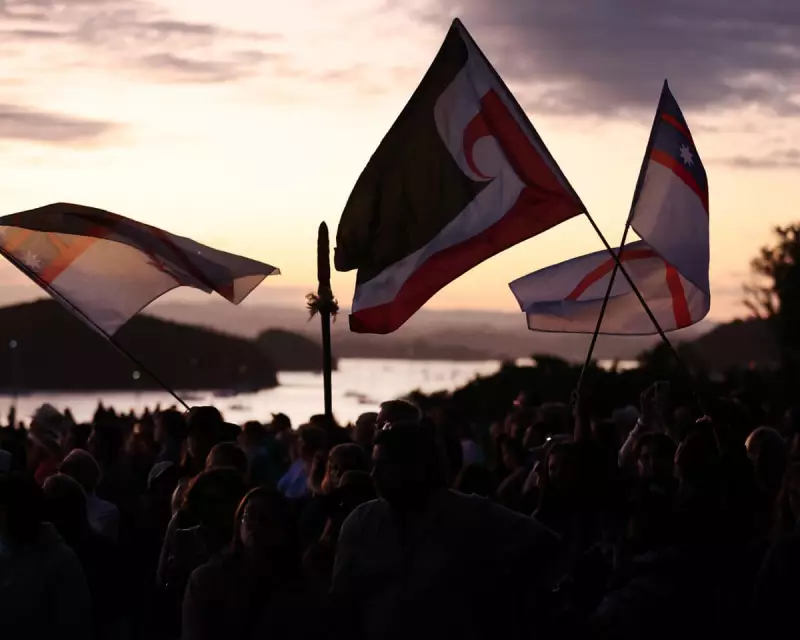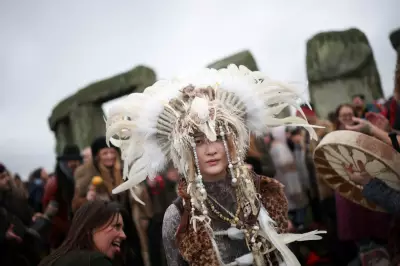
In a landmark decision that marks a significant shift in national education policy, New Zealand has announced a comprehensive rewrite of its school curriculum to make the teaching of Māori history compulsory. The changes, set to be implemented across the country's education system, represent one of the most substantial reforms to how New Zealand's story is taught in generations.
The Curriculum Transformation
The redesigned curriculum, unveiled by education authorities in November 2024, mandates that all students learn about Māori history, the arrival of Polynesian settlers, the signing of the Treaty of Waitangi, and New Zealand's colonial past. The changes will be phased in between 2025 and 2027, giving schools time to adapt their teaching resources and staff training.
This represents a dramatic departure from previous approaches where the teaching of Māori history was often optional or received limited coverage. The new framework ensures that every young person in Aotearoa, regardless of their background, will develop a comprehensive understanding of the nation's complete history, including perspectives that have frequently been marginalised in traditional narratives.
Key Components of the New Approach
The updated curriculum places strong emphasis on several critical areas that were previously under-represented. Students will now engage with Māori creation stories, early Polynesian navigation and settlement patterns, and the complex historical relationships between Māori and Pākehā (New Zealanders of European descent).
Particular attention is given to the Treaty of Waitangi, signed in 1840 between the British Crown and Māori chiefs. The curriculum will explore both the English and Māori versions of the treaty, the differing interpretations that have caused historical tensions, and the ongoing process of treaty settlements that continues to shape contemporary New Zealand society.
Education Minister Jan Tinetti emphasised that the changes aim to create a more inclusive national identity. "This isn't about rewriting history, but about writing our history more completely," she stated during the announcement. "For too long, many New Zealanders have grown up without understanding significant parts of our nation's story."
Implementation and Reception
The government has committed substantial resources to support the transition, including professional development for teachers, new digital resources, and guidance materials developed in partnership with Māori historians and iwi (tribal) representatives. The approach recognises that many educators will need support to teach this content confidently and accurately.
Reaction to the curriculum changes has been largely positive, though not without some controversy. Māori educational leaders have welcomed the move as long overdue. "This represents a crucial step toward truth-telling and reconciliation," noted Dr. Awanui Black, a prominent Māori educator involved in the curriculum development. "When children see their stories reflected in what they learn, it validates their identity and place in our nation."
Some conservative voices have expressed concerns about the curriculum becoming too politically focused or potentially divisive. However, supporters argue that understanding difficult aspects of history is essential for building a more unified and equitable society.
The changes align with broader efforts to strengthen the place of te reo Māori (the Māori language) and tikanga Māori (Māori customs) in New Zealand society. Many schools have already been incorporating these elements voluntarily, but the new curriculum makes this knowledge fundamental rather than supplementary.
As New Zealand continues to grapple with questions of national identity and historical reconciliation, this educational transformation represents one of the most concrete steps toward creating a society where all citizens share a common understanding of how the nation came to be. The success of this ambitious initiative will be closely watched by other countries facing similar questions about how to teach complex colonial histories.





